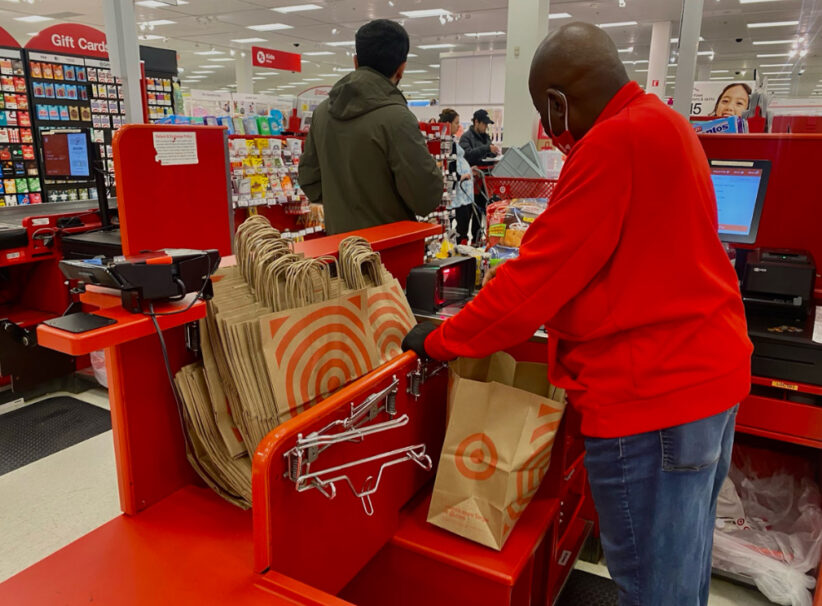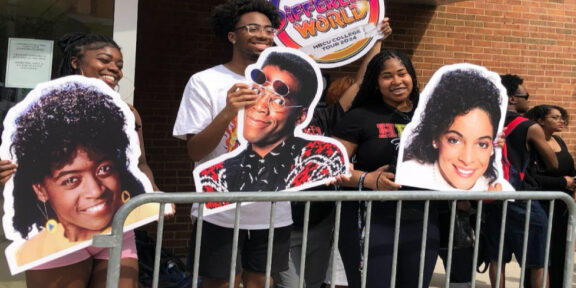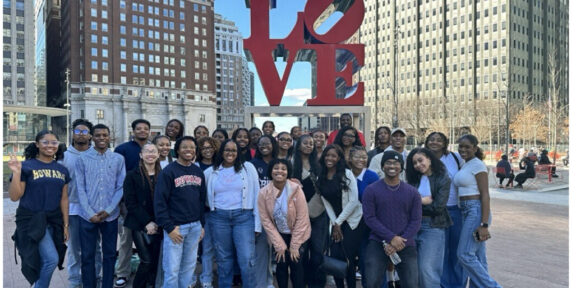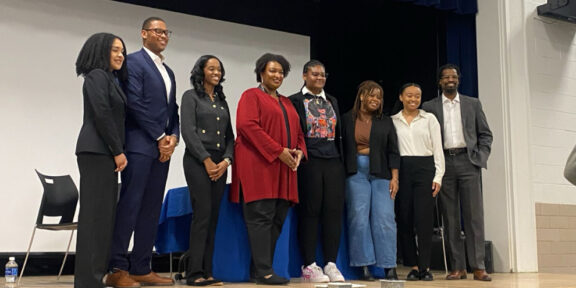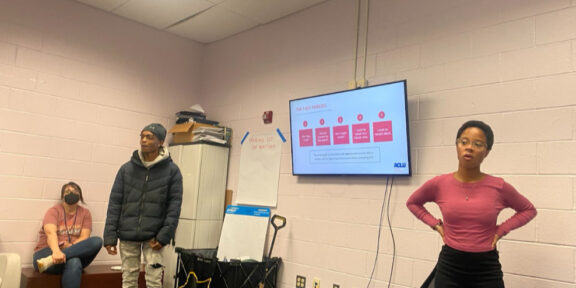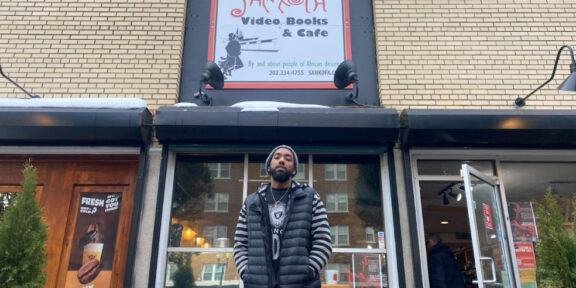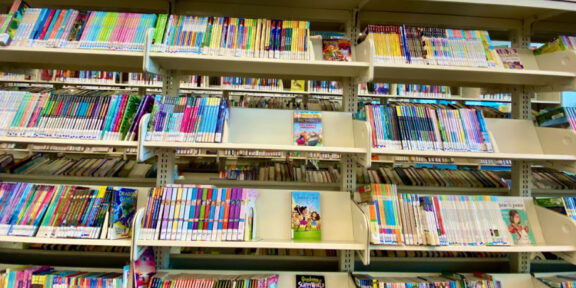By Kareema Bangura
Prince George’s County Council recently passed the Better Bag Bill, which banned single-use plastic bags as of Jan. 1.
Shoppers within the county now must choose between paying a 10-cent fee for every bag they pick up in the store or bringing their own.
“This ban encourages consumers to reduce waste and addresses one of the County’s Climate Action Plan recommendations, an important step in maintaining a sustainable County and reducing our carbon footprint,” Andrea Croom, the Department of the Environment director, said in a press release.
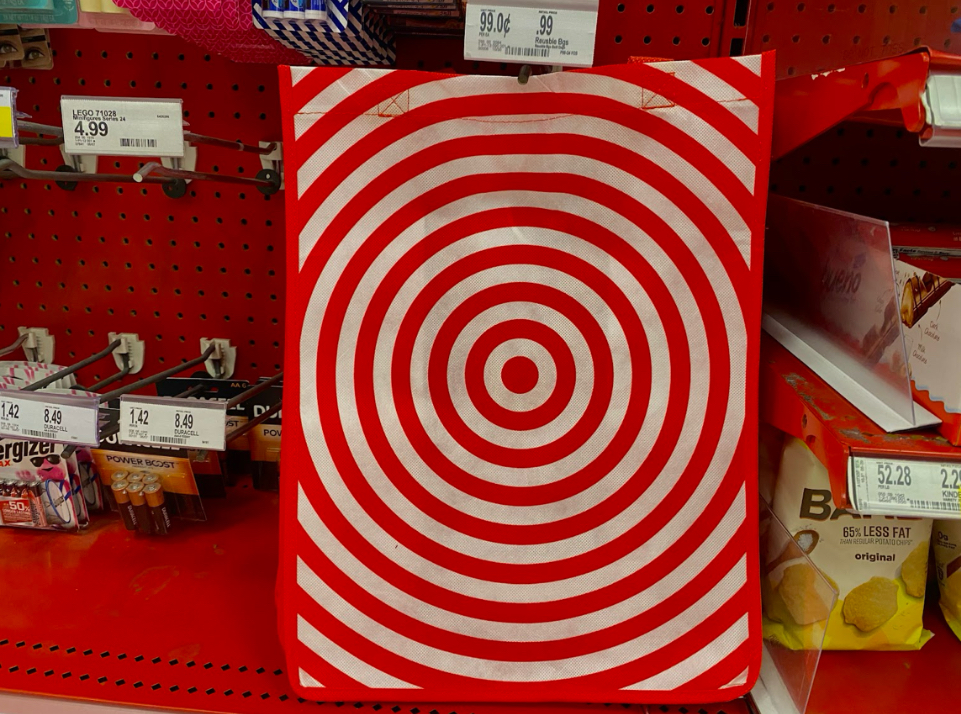
As the ban takes full effect across Maryland, some community members have expressed their thoughts on this new change. As a frequent shopper in the DMV area, Inaya Champion said she advocates for sustainable living in the shopping experience by using reusable bags when she can.
“I think more time is needed to determine if 10 cents is enough of a deterrent away from the use of plastic bags. It’ll likely have to be increased for the effect to be significant,” Champion said. “It’s definitely a step in the right direction.”
While Champion said she sees the 10-cent charge for plastic bags as a positive step, she believes its impact requires further evaluation, other shoppers disagree.
“There are so many more sources of plastic in everyday living. I feel like it takes attention, responsibility, and accountability away from the big companies and even bigger conglomerates,” said Walmart shopper Gaby Best. “So they don’t have to work on actually fixing the problem. It’s similar to the ‘no plastic straws/save the turtles rampage.”
Sarah Price, vice president of Membership and Government Affairs at the Maryland Retailers Association, said that shoppers may feel the cost difference between plastic and paper bags but will positively impact the environment.
“Our organization has worked towards policies that include a fee for paper bags because they do cost so much more than plastic, so that definitely is a big adjustment for the businesses,” Price said. “I think it’s positive for the community by reducing the amount of plastic waste that we see, and I think that it makes people think twice about our consumption.”
The Maryland Retailers Association has garnered support for PG County businesses’ policy through its work with the Sierra Club, a foundation that promotes climate solutions and conservation.
According to Greenpeace USA Oceans Campaign Director John Hocevar, “It is important for businesses and governments to know that as they reopen, reusable systems can be deployed safely to protect our environment, customers, and workers.”
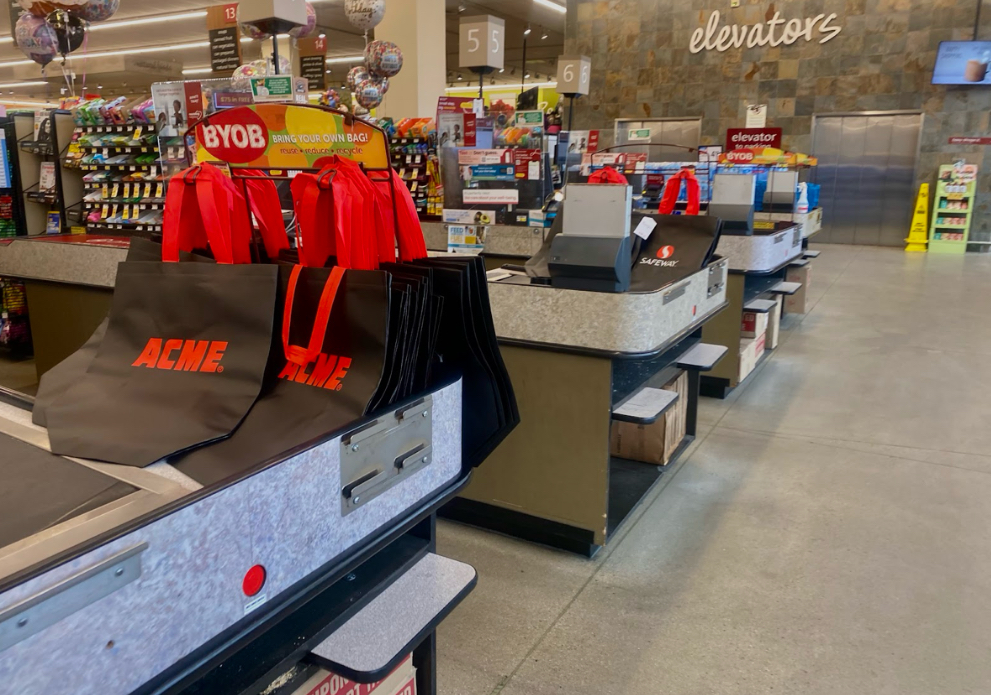
Major retailers like Walmart have discontinued single-use plastic bags across their stores nationwide.
Other retail stores like Target have also implemented a plastic bag ban through sustainability. With its Target Forward strategy, the company plans to reduce the annual total amount of virgin plastic in its brand packaging to 20% by 2025.
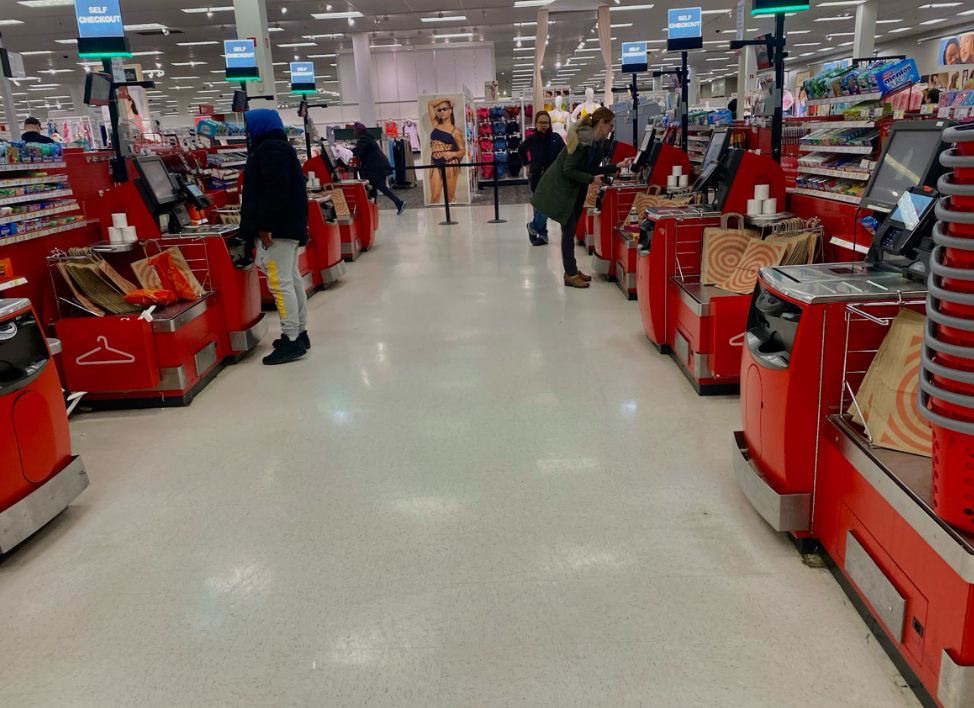
“It’s a policy that we know communities across the state are interested in pursuing,” Price said. “So we are just trying to make it work as best as possible for both the business community and the people living there.”

